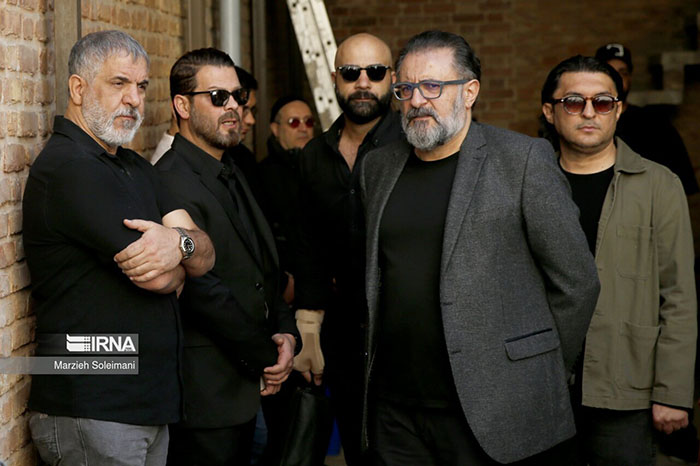Persian New Wave refers to a movement in Iranian cinema. It started in 1964 with Hajir Darioush’s second film Serpent’s Skin, which was based on D.H. Lawrence’s Lady Chatterley’s Lover featuring Fakhri Khorvash and Jamshid Mashayekhi. Darioush’s two important early social documentaries But Problems Arose in 1965, dealing with the cultural alienation of the Persian youth, and Face 75, a critical look at the westernization of the rural culture, which was a prizewinner at the 1965 Berlin Film Festival, also contributed significantly to the establishment of the New Wave. In 1968, after the release of Shohare Ahoo Khanoom directed by Davoud Mollapour, The Cow directed by Dariush Mehrjui followed by Masoud Kimiai’s Qeysar in 1969, Nasser Taqvai’s Tranquility in the Presence of Others (banned in 1969 and re-released in 1972), and immediately followed by Bahram Beyzai’s Downpour, the New Wave became well established as a prominent cultural, dynamic and intellectual trend. The Persian viewer became discriminating, encouraging the new trend to prosper and develop.
